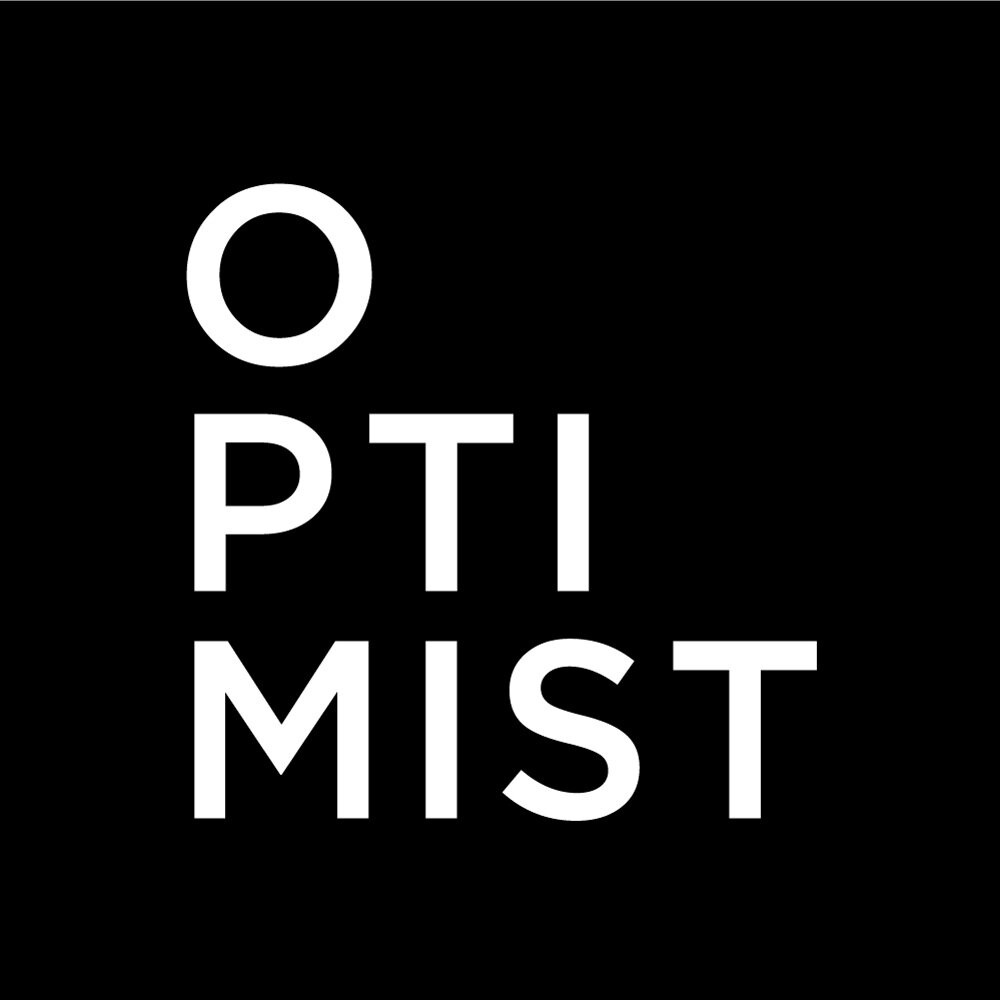Make it
It all begins with an idea. Maybe you want to launch a business. Maybe you want to turn a hobby into something more. Or maybe you have a creative project to share with the world. Whatever it is, the way you tell your story online can make all the difference.
What can I do today to explore and better understand my personal psychology of money?
Read Morgan Housel’s The Psychology of Money: Timeless Lessons on Wealth, greed, and Happiness
Fav quote: “...financial success is not a hard science. It’s a soft skill, where how you behave is more important than what you know.”
Practice the valuable exercise of writing a letter to money (and from money to yourself) as if money were a real person – endorsed by Jen Sincero in You are a Badass at Making Money and Peta Kelly in Earth is Hiring
Sincero says: “Write down everything you feel about money—‘I love you;’ ‘I wish I had more of you;’ ‘I don’t trust you;’ ‘You make me feel filthy for wanting you’—all of your thoughts and beliefs…Then, look at the ones that aren’t quite so pretty and figure out how you can shift them to be in a more positive, grateful space.”
To get started, check out these examples here, here, and here.
Reflect on the National Endowment for Financial Education’s Personal Finance Ecosystem, a visual roadmap that conveys the foundations that underpin your state of financial well-being
What can I do today to assess and take steps to improve my financial situation?
Start by conducting a “personal finance audit” to evaluate your current savings, debt, and projections for a financially stable future. Prosper and The Confused Millenial are just a few sites that offer guidance on this.
Sign up for a personal financial management app like Mint or Empower (formerly Personal Capital) to begin tracking your budget, net worth, and progress toward your financial goals
For quick tips and strategies:
Review the following posts from some of our favorite influencers and companies:
Investopedia’s 5 Rules to Improve Your Financial Health and 8 Financial Tips for Young Adults
YourRichBFF’s STRIP method
HerFirst100k’s 5 Steps to Better Finances
For the long game:
Learn more about the best strategies for investing. Check out these overviews by Investopedia and NerdWallet.
If you’re interested in values-aligned or socially responsible investing (SRI), read NerdWallet’s introduction, Harvard Business Review’s beginner’s guide, and this blog, which neatly outlines the history, benefits, and challenges of SRI.
Research different investing options and sign up for one (or more) that will work for you, whether that’s a traditional platform like Fidelity or TDAmeritrade, a robo advisor like WealthFront or Betterment, or a platform built for women like Ellevest
Learn about rights and regulations surrounding investing through the Financial Industry Regulatory Authority (FINRA)
Thoughtfully envision and determine how to fund, manage, and live the life you want through Financial Beginnings’ Forward workbooks
Meet with a financial advisor (and make sure you ask them these four questions suggested by CNBC’s Josh Brown.) For the gold standard, find an advisor with the Certified Financial Planner (CFP) designation – CFPs undergo extensive, rigorous training and are bound by fiduciary duty, meaning they are legally obligated to always act in the best interest of their clients when offering advice.
If you can’t afford a financial advisor, sign up for mentoring sessions with Capital One – whether you’re a member or not, you receive three FREE 60-minute Money & Life sessions with an expert consultant. GreenPath Financial Wellness also provides free financial counseling!
What can I do today to surround myself with trusted and reliable voices in finance?
Sign up for newsletters to get regular personal finance tips, educational resources, and relevant information about the economy
The Classroom Investor from Investopedia is great for teachers; it offers trending topics of the month and useful classroom materials
Up the Gains offers tips, tricks, and hacks to help advance your financial journey
Kyla Scanlon’s newsletter offers human-centric economic analysis and reflections to inspire critical thinking about the state of our world
FinTech is Femme newsletter shares stories and insights from diverse voices in fintech who champion a more equitable financial industry
The Dollar Scholar with Julia Glum is an accessible (and funny) newsletter that includes Julia's lessons from financial experts
Listen to thought-provoking and instructive financial podcasts! Here are a few of our favs:
“Tim Talks To” hosted by Tim Ranzetta, co-founder of Next Gen Personal Finance
Financial Feminist hosted by Tori Dunlap of HerFirst100k
Financially Inclined from Marketplace, hosted by Yaneli Espinal aka LittleMissHelpful and Director of Educational Outreach at Next Gen Personal Finance
The Morgan Housel Podcast hosted by…you guessed it, Morgan Housel
Let’s Appreciate hosted by Kyla Scanlon
Practice thoughtfulness and diligence when it comes to following financial influencers online. Here are a few quick vetting tips:
Consider their qualifications and background
Look out for red flag behavior, like encouraging risky behavior or promoting opportunities to “get rich quick”
Consider what companies they are sponsored by and what companies they endorse
And remember: advice from personal financial influencers is no substitute for advice from professional advisors; let social media be just one ingredient in your recipe for financial success
You can also do a quick read of How to separate financial fact from fiction on social media for some helpful advice.
Here are just a few of the names we trust:
Girls Talk Stocks @kaykilbride (Kayla Kilbride)
Your Rich BFF @yourrichbff (Vivian Tu)
Kyla Scanlon @kylascan
Tori Dunlap - Money Expert @herfirst100k
Yaneli Espinal @missbehelpful
Magic of Finance Andrei Jikh
Humphrey Yang @humphreytalks

